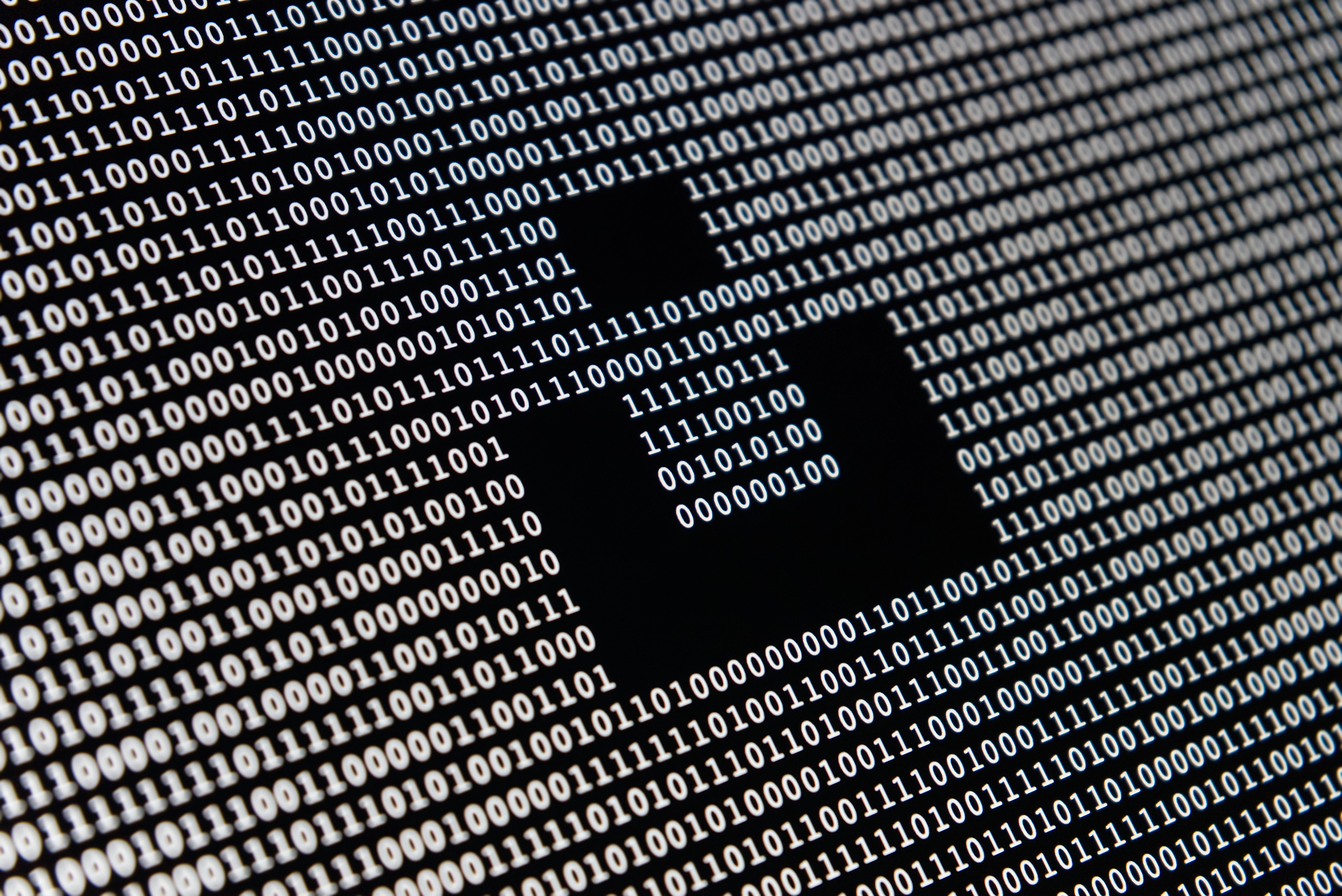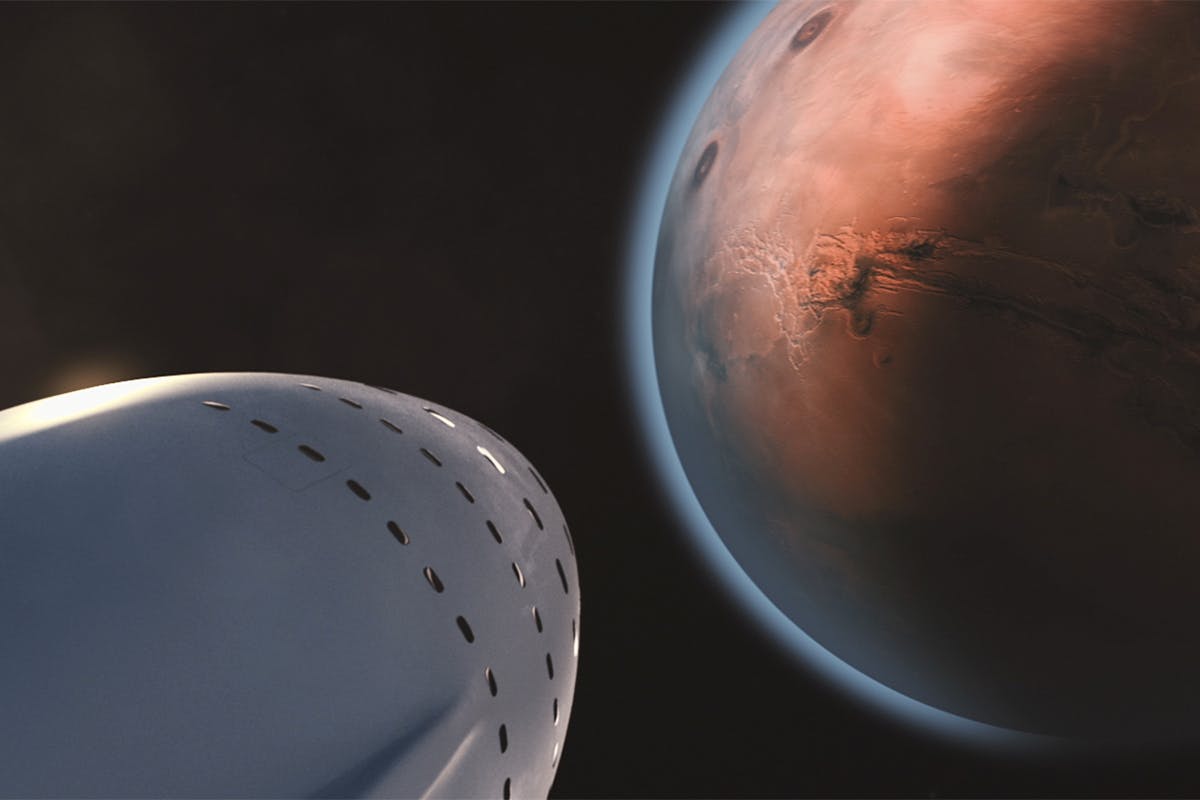
Welcome to the 2025 Young Investigators Writing Competition!
Competition Date Range: 8/18/2025 – 10/12/2025 (Ended)
Winners Announced: Sunday, November 30th

Check out our Main Website!
On behalf of Young Investigators Review, we want to thank everyone who has helped support this competition by spreading the application and encouraging students to apply!
Nothing in science has any value to society if it is not communicated.
– Anne Roe
The ultimate goal of research is to not only learn more about the world around us, but to apply that knowledge in ways that will subsequently benefit society. Scientific research is one of the most important channels of knowledge. It has a specific role, as well as a variety of functions for the benefit of our society: creating new knowledge, improving education, and increasing the quality of our lives. Regardless of whether this research focuses more on the realms of discovery or invention, we have come to realize that there are some controversies in the use of science in society.
Societies have changed over time, and consequently, so has science. Science must respond to societal needs and global challenges. It is important the public is well-informed about the current developments in science and how these developments impact their daily lives so that they can form their own opinions on these matters.
However, most literature is written for the academic scholar, often using jargon-filled and dry language that can be difficult for most to grasp. Our mission is to embrace and capture the essence of scientific controversies and present it to the public in a straightforward manner. In order to keep society informed about these developments, we need to give it a “human face” and tell the story of science in simple and accessible ways that people can relate to.
For this writing competition, you may choose one of five controversies in science. Your goal is to write a 750-1000 word article in newspaper or literature review format that describes and evaluates the controversy for the general high-school educated public. In addition, you should put your piece in the mindset of society today, use up-to-date sources as much as possible.
Your writing should not only accurately articulate the issue and the science behind it, but it should be understandable and engaging. In evaluating the topic, you should carefully explain key sides of the argument. Though you are encouraged to think critically, you should still give credence to opposing arguments. You can find more of our rules and guidelines here and the full prompts here.

Translational Biology
Should personalized medicine be the future of healthcare, and how can we ensure equitable access for all?

Environmental Science
How might a potential “nuclear renaissance” impact society and climate change?

Psychology
Is the rise of online self-diagnosis helping or harming public understanding of mental health?

Technology
How might quantum computing change the future of technology and society?

Engineering
What are the benefits and drawbacks surrounding the commercialization of space travel?
About Us
This competition is being held by Young Investigators Review, Stony Brook University’s undergraduate research journal. We are committed to bringing STEM to the general public.
Why a Competition?
As a result of the switch to virtual learning, we saw a major gap between the interests of high school students on Long Island and what they could accomplish. To provide them outlet by which they could engage their interests, we created a competition in the spirit of self-empowerment and improvement.
Get in Touch
If you have any questions, feel free to reach out anytime!
Instagram: @sbyir
Twitter: @sbyir
younginvestigators@stonybrook.edu
sbyireview.com

